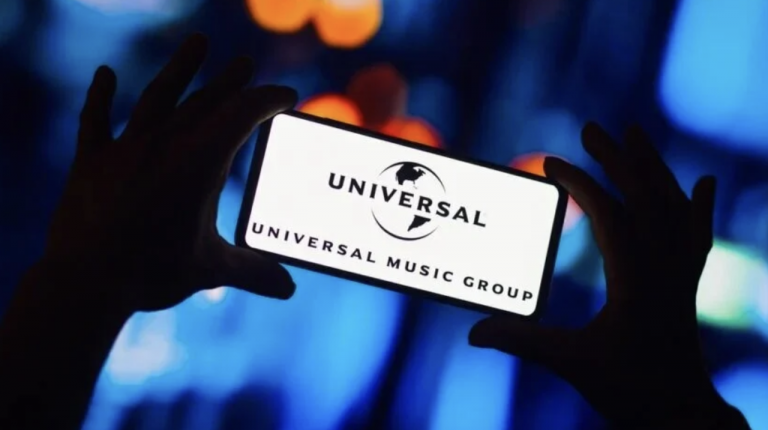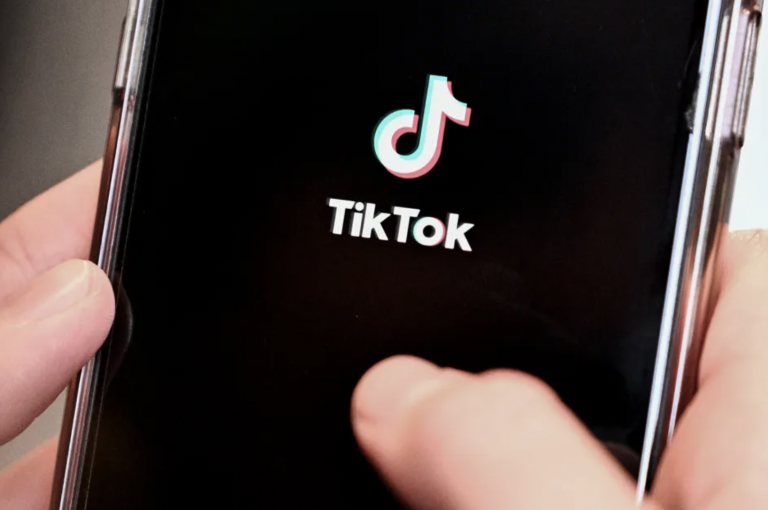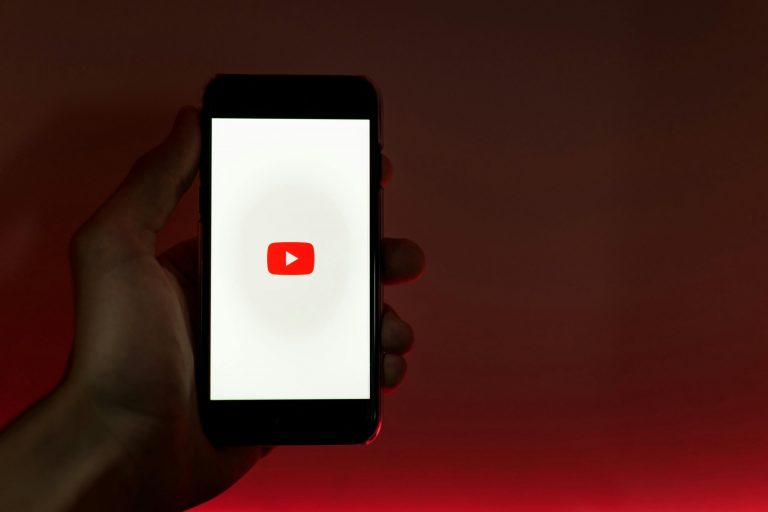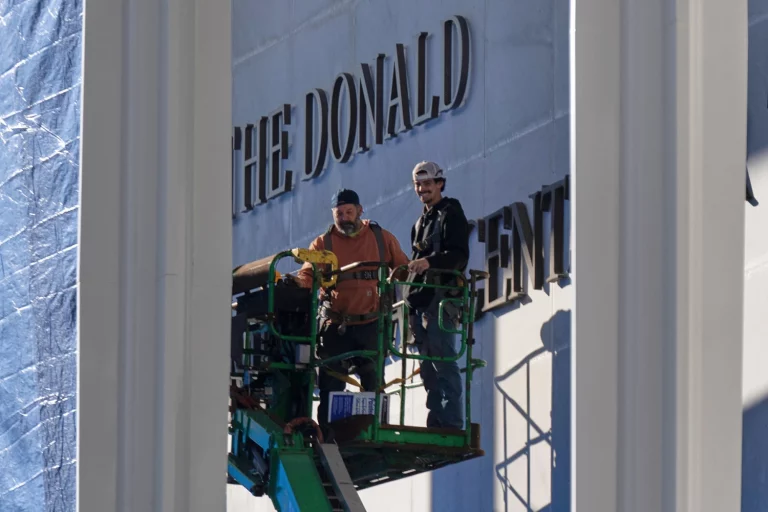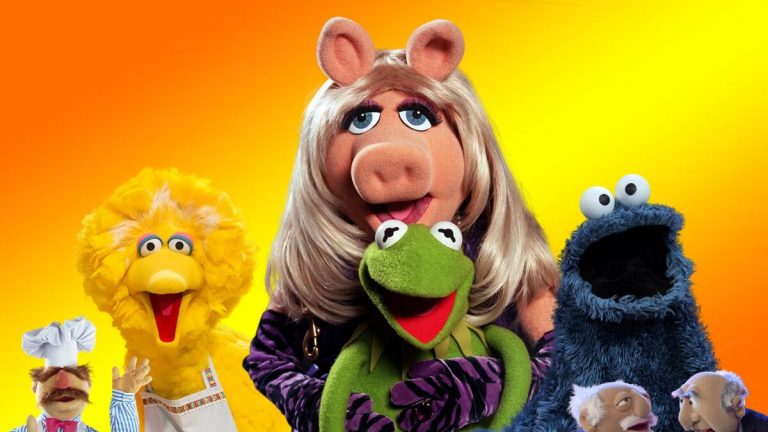
Photographer: Eric Carr
In the late 1990s, Napster disrupted the music industry with peer-to-peer file sharing. Millions of users gained free, instant access to music and bypassed traditional distribution channels. Lawsuits followed, CD sales collapsed, and labels scrambled to adapt. Today, generative AI is causing similar upheaval—this time by challenging how music is created, credited, and monetized.
Legal Battles & the Rise of Streaming
Napster launched in 1999 and quickly attracted over 80 million users. The Recording Industry Association of America (RIAA) responded with aggressive legal action, including the case of Jammie Thomas-Rasset, who paid a steep fine for sharing just 24 songs. However, the genie had already escaped the bottle. Apple introduced the iTunes Store, and Spotify followed with streaming—both proving that people would pay for music if it was affordable and easy to access. As a result, the industry survived by embracing change rather than resisting it.

Fast-forward to November 2022, when OpenAI released ChatGPT and reignited copyright concerns. Generative AI models scrape massive amounts of data, often ignoring credit or compensation for original creators. In April 2023, a deepfake track mimicking Drake and The Weeknd went viral and sparked outrage. By 2024, artists like Billie Eilish, Nicki Minaj, and Pearl Jam signed an open letter condemning irresponsible AI training. Meanwhile, Universal, Sony, and Warner filed lawsuits against AI startups Suno and Udio for using copyrighted content without permission.
Licensing, Blockchain, & Creative Solutions
Nevertheless, some artists and companies are exploring new paths. For example, Grimes offered to split royalties with creators who use her voice in AI-generated songs. Labels began talks with YouTube to license their catalogs for training purposes. Additionally, collective management organizations (CMOs) and blockchain technology offer ways to track usage and ensure fair payment. Others propose statutory licenses to simplify legal processes and protect creators. These efforts reflect a growing desire to shape AI’s rise rather than block it entirely.
Ultimately, the lesson from Napster still applies: adapt to survive. The music industry must guide AI innovation in ways that respect creativity, reward talent, and keep artists visible. Professor María L. Vázquez emphasizes that long-term success depends on building frameworks that honor creators’ rights. Or as Otis Redding once sang, artists just want “a little respect.”

